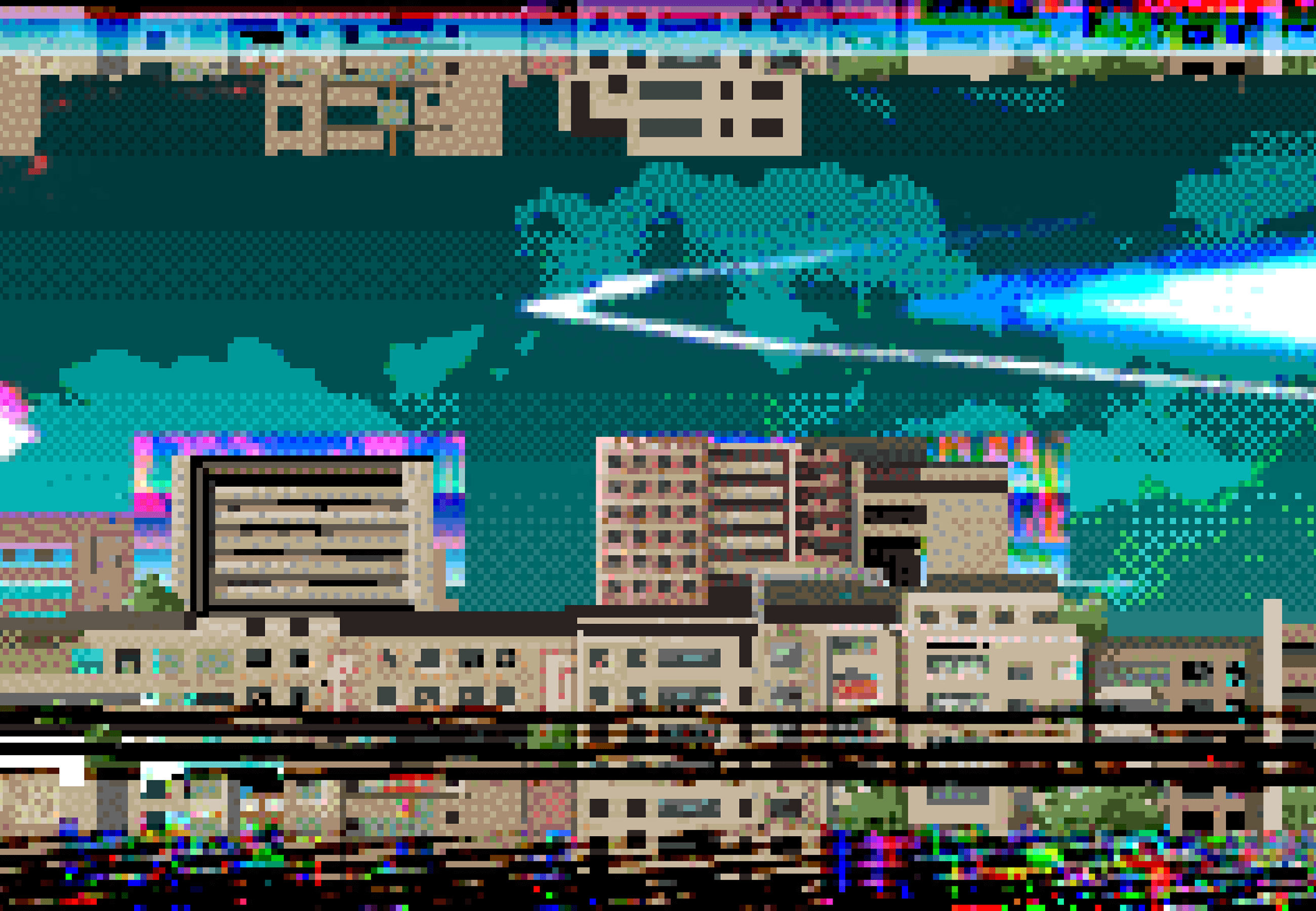The rapid urbanisation started after WWII, but accelerated dramatically in the past 30 years. With it, all the advantages and disadvantages of living in the city became clearer. Access to a larger poll of resources (electricity, amenities, jobs, and economic opportunities) is a major attraction factor for a city. Fascination with the promised glamour of an urban setting offering a vast array of entertaining forms is another. Along with urban agglomeration came the usual suspects that lower life quality: pollution (including noise pollution), traffic, high density, high cost of living, inequality and extreme poverty, environmental destruction, and, last but not least, diseases.
Balancing between utopia and dystopia, propositions for the cities of tomorrow abound: from the World City to the Garden City, different thinking developed around the challenges that urban spaces pose to human life organization and the environment.
Thanks for reading our stuff
Subscribe to our newsletter (Romanian)
We are starting a new decade under the sign of a pandemic. The high density of city life is a perfect environment for viral spreading, and COVID-19 reminded us all that finance and economy do not function outside human life. This pandemic re-linked population health with the health of the economy, and showed us that in order to go forward we need to rethink the way in which we live together (from the lived in spaces to the relationships we build with each other).
The cities (and the world) today are facing three related major challenges, one immediate, and two of them more general and long term: the COVID-19 pandemic, climate change and population growth.
The following type of questions impose themselves: How do we need to redesign our way of living and our urban spaces in responses to the threats above? How are we to mitigate between population growth, density, longer lives, and food security in the context of climate change? How will we deal with migration and social inequalities in the city?
These are not new questions, and there are a multitude of solutions already in place. Some are top down, like making cities car-unfriendly, instituting zones for Universal Basic Income, or building low-income apartments, while others are bottom-up like squatting or simply taking over the streets (with different political motives). However, the current environment needs different answers, and needs a nimble way to look for them in unexpected locations. We need to better look around for solutions, and perhaps trust the capacity of self-organization of citizens. In fact, perhaps we need a re-evaluation of the meaning of citizen, from citizen-consumer (of the city) to that of citizen-builder of her own urban environment.
This series of articles proposes different cross-pollinating perspectives on the city and related phenomena, and hopefully novel sources of inspiration and/or ways of tackling the challenges ahead. We hope to offer a holistic image of the city, while giving the chance of an emerging multitude of solutions, because there is no “one measure fits all” approach to the complexity of urban dwelling.
Alec Bălășescu, anthropologist
Contributors:
- Wanda Hutira, cover illustration
Susține poveștile care ne ajută să înțelegem lumea în care trăim
Nu știm dacă vom mai exista în 2021. Însă până atunci facem tot ce putem ca să-ți aducem poveștile în care credem, poveștile de care avem nevoie ca să mergem mai departe.
În acest moment, avem o echipă minusculă care operează cu 3.000€/lună. Ca să avem o redacție funcțională și sustenabilă, ne-ar trebui cel puțin 10.000€/lună. În cel mai bun moment al nostru, bugetul a fost de 8.500€/lună.
Munca noastră a fost fondată și este susținută financiar exclusiv prin contribuția ta și a altor cititori, pentru că am vrut să demonstrăm că un asemenea model poate funcționa și în România. Însă e extrem de greu, așa cum ne așteptam. Poți să ne susții explorările prin această lume mereu în schimbare începând cu doar 3€/lună.
Îți mulțumim că faci parte din comunitatea Inclusiv
Nu știm dacă vom mai exista în 2021. Însă până atunci, facem tot ce putem ca să-ți aducem poveștile în care credem, poveștile de care avem nevoie ca să mergem mai departe.
În acest moment, avem o echipă minusculă care operează cu 3.000€/lună. Ca să avem o redacție funcțională și sustenabilă, ne-ar trebui cel puțin 10.000€/lună. În cel mai bun moment al nostru, bugetul a fost de 8.500€/lună.
Munca noastră a fost fondată și este susținută financiar exclusiv prin contribuția ta și a altor cititori, pentru că am vrut să demonstrăm că un asemenea model poate funcționa și în România. Însă e extrem de greu, așa cum ne așteptam. Poți să ne susții explorările prin această lume mereu în schimbare invitându-i pe prietenii tăi să devină membri, începând cu doar 2€/lună.
